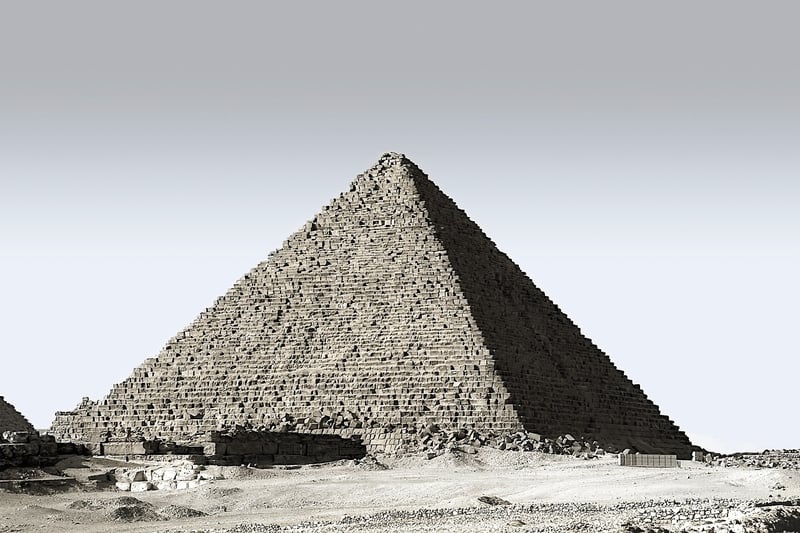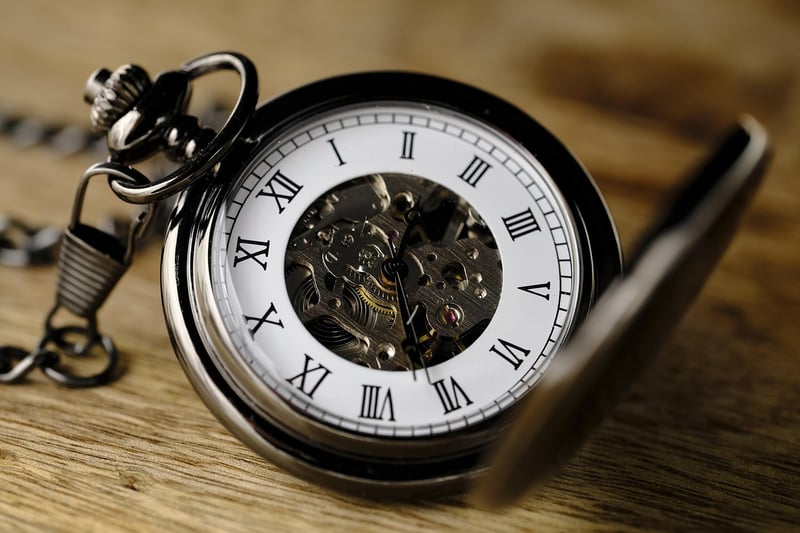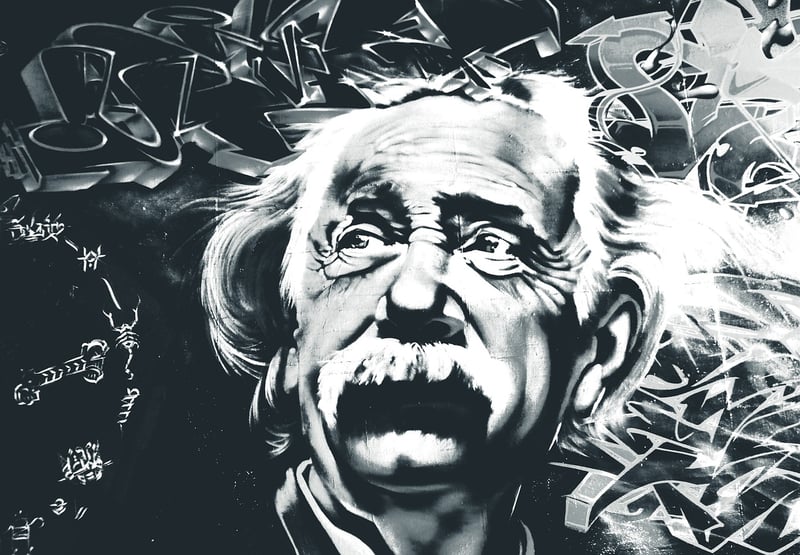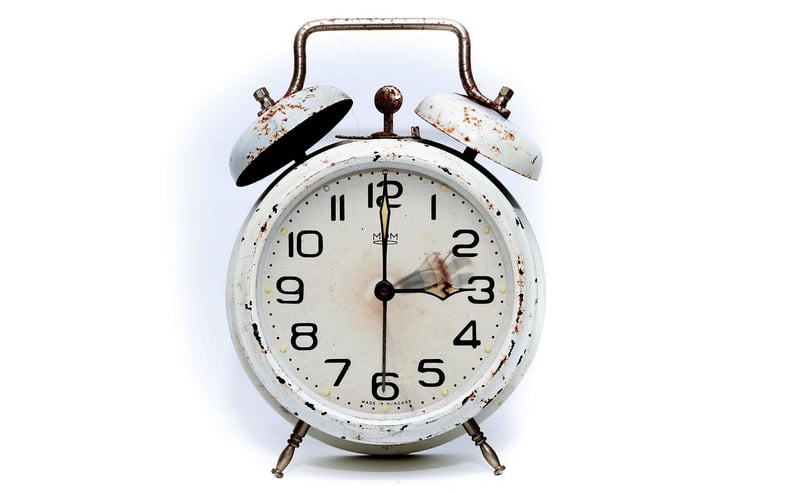Historical Impacts
Exploring the Pioneers of Time and Their Historical Impacts
Time, an abstract concept that governs our lives, has been a subject of fascination and study for centuries. Throughout history, there have been individuals who have dedicated their lives to unraveling the mysteries of time and its measurement. Let's delve into the lives of some of these pioneers and explore their significant historical impacts.
1. Ancient Egyptians: Sundials and Water Clocks
The Ancient Egyptians were among the first civilizations to develop devices for measuring time. They used sundials, which relied on the position of the sun's shadow, and water clocks, known as clepsydra, that measured time based on the flow of water from one container to another. These early timekeeping devices laid the foundation for future advancements in time measurement.

2. John Harrison: Inventor of the Marine Chronometer
John Harrison, an English carpenter and clockmaker, revolutionized maritime navigation with his invention of the marine chronometer in the 18th century. This accurate timekeeping device allowed sailors to determine their longitude at sea with precision, leading to safer and more efficient voyages. Harrison's contributions to timekeeping earned him recognition as one of the pioneers in the field.

3. Albert Einstein: Theory of Relativity
Albert Einstein, the renowned physicist, introduced the world to a new understanding of time through his theory of relativity in the early 20th century. Einstein's theory posited that time is relative and can be affected by gravity and speed. This groundbreaking concept revolutionized the way we perceive time and space, leading to significant advancements in modern physics.

4. Cesium Atomic Clocks: Precision Timekeeping
With the development of cesium atomic clocks in the mid-20th century, scientists achieved unprecedented levels of accuracy in time measurement. Cesium clocks operate based on the vibrations of cesium atoms and have become the standard for defining the second in the International System of Units (SI). These highly precise clocks play a crucial role in various fields, including telecommunications, GPS, and scientific research.

These pioneers of time have left a lasting impact on our understanding of this fundamental aspect of existence. From ancient civilizations to modern scientific breakthroughs, the quest to comprehend and measure time continues to evolve, driving innovation and shaping our world.
Explore more about the fascinating world of time and its pioneers to gain a deeper appreciation for the intricate mechanisms that govern our lives.
